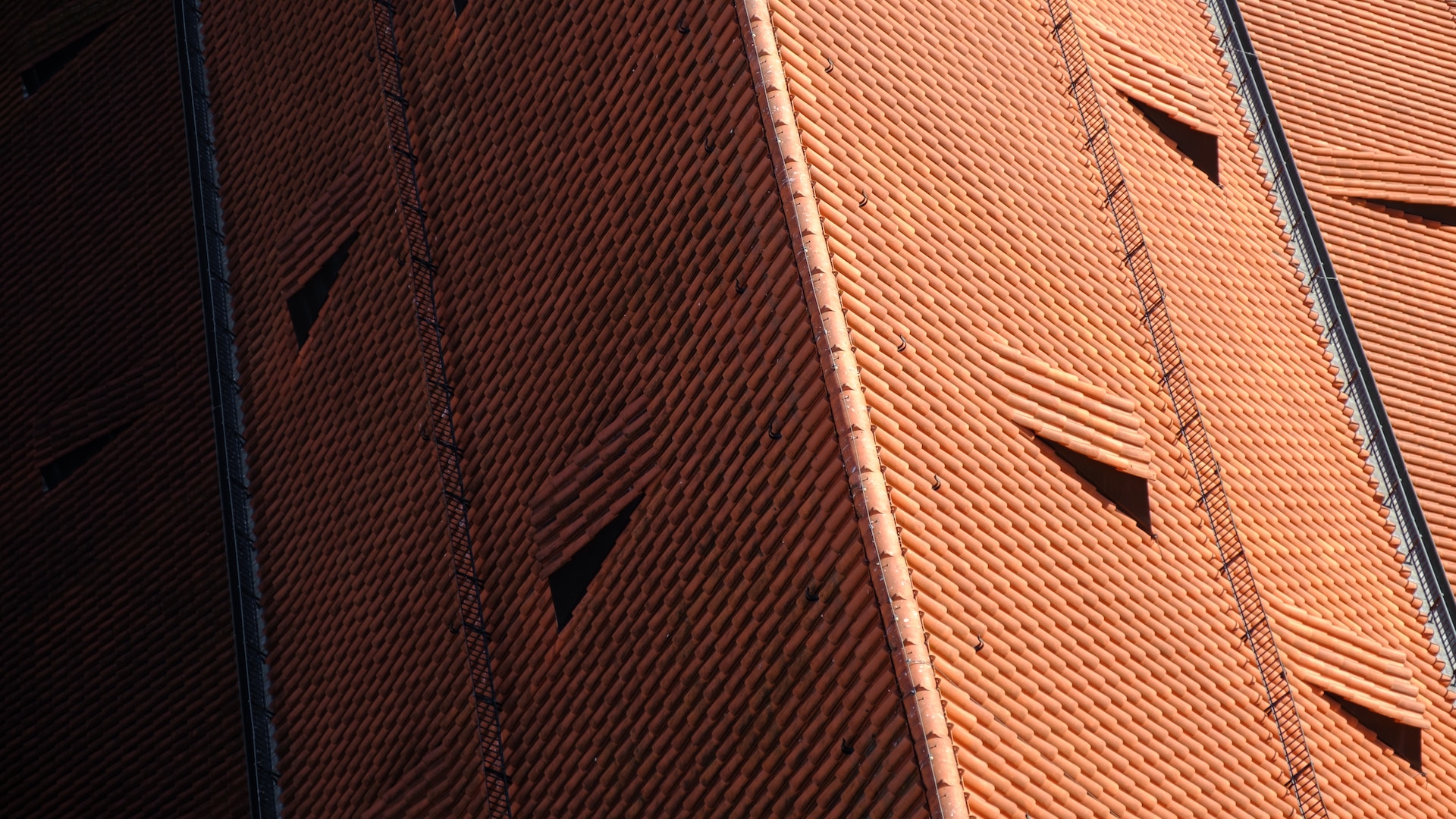
When it comes to selecting the right roofing material for your residential or commercial property, there are various options available on the market. Two of the most popular roofing materials are metal roofing and asphalt shingles. Both offer distinct advantages and disadvantages in terms of durability, cost, energy efficiency, and maintenance requirements. It is essential to understand these key differences before making an informed decision about the best roofing solution for your specific needs, local climate, and budget.
Metal roofing has gained significant popularity in recent years, especially for commercial properties, thanks to its durability, low-maintenance, and energy-efficient qualities. However, it is not the only option; asphalt shingles have been a staple in the residential roofing market for decades. Offering a relatively low installation cost, versatility, and a wide range of design options, asphalt shingles are an attractive choice for many homeowners.
In this blog post, we will provide a comprehensive comparison between metal roofing and asphalt shingles, discussing their pros and cons in various aspects. By the end of this post, you’ll have a clearer understanding of each roofing material’s benefits and drawbacks, making it easier for you to choose the one that suits your property’s needs best.
Durability and Weather Resistance
When it comes to durability, metal roofing stands out as the superior choice. A well-installed metal roof has a life expectancy of 40 to 70 years, depending on the specific metal material used. In comparison, asphalt shingles have a lifespan of around 15 to 30 years. Consequently, metal roofs are often considered a more long-term investment, while asphalt shingles may need replacement sooner.
In terms of weather resistance, both metal and asphalt shingles have their strengths. Metal roofs are resistant to wind, hail, and fire, making them an excellent choice for properties located in areas prone to severe weather or wildfires. On the other hand, asphalt shingles provide more impact resistance in case of falling debris while offering decent protection against wind and hail. However, they are more susceptible to damage from direct sun exposure or extreme temperature fluctuations, which can cause cracking and curling.
Cost-Effectiveness and Installation
The initial cost for a metal roof is generally higher than that of an asphalt shingle roof. This is due to the cost of the materials themselves, as well as the specialized tools and skills required for installation. Additionally, metal roofs may require the installation of an underlayment or modifications to the roof’s structure to support the added weight, potentially increasing the overall project cost.
Asphalt shingles tend to be a more cost-effective option upfront, with a lower material cost and simpler installation process. For property owners on a tight budget, asphalt shingles provide an attractive choice that can still provide sufficient protection and aesthetic appeal.
However, the long-term cost-effectiveness of each material must be considered when making your decision. While metal roofs have a higher initial cost, their longevity and low maintenance requirements often translate to cost savings over time. This contrasts with asphalt shingles, where the possibility of more frequent roof replacements can drive up long-term costs.
Energy Efficiency and Environmental Impact
Metal roofing is known for its energy-efficient properties. The reflective quality of metal surfaces helps to deflect sunlight and prevent excess heat absorption, thereby reducing cooling costs during hot seasons. Additionally, some metal roofing materials are coated with energy-efficient paint or finishes, further enhancing their ability to reflect heat away from the building.
Asphalt shingles, on the other hand, tend to absorb more heat from the sun, causing an increase in cooling costs during the warmer months. It is worth noting, however, that lighter-colored shingles and those with reflective granules can somewhat mitigate this issue.
When it comes to environmental impact, metal roofing also has an edge. Metal roofs are often made from recycled materials and are entirely recyclable at the end of their lifespan. Moreover, waste generated during the installation process is typically minimal.
Asphalt shingles, while composed primarily of recyclable materials, often end up in landfills due to a lack of recycling facilities. Furthermore, the production process of asphalt shingles can involve the release of greenhouse gases and other pollutants.
Maintenance Requirements and Aesthetic Appeal
In general, metal roofs require less maintenance compared to asphalt shingle roofs. Metal’s durability means that issues such as leaks, rust, or corrosion are uncommon, particularly when quality materials are used. The primary maintenance task for metal roofing is the occasional inspection and removal of debris to ensure proper drainage.
Asphalt shingles, in contrast, require more attentive maintenance, including annual inspections for curled or damaged shingles, moss growth, and algae. Additionally, asphalt shingles are more susceptible to staining and discoloration from algae or mold, which can negatively impact the roof’s appearance.
However, asphalt shingles offer a wide range of styles and colors, making it easier for homeowners to find a design that complements their property’s architectural style. Metal roofing also comes in various styles and colors, but its options may be more limited in comparison.
Conclusion
Both metal roofing and asphalt shingles have their advantages and disadvantages when considering factors such as durability, cost, energy efficiency, maintenance, and aesthetics. Metal roofs are known for their longevity, low maintenance, and energy efficiency, making them an ideal choice for those seeking a long-term, environmentally friendly solution. Alternatively, asphalt shingles offer lower upfront costs, making them more accessible for budget-conscious property owners while still providing decent protection and aesthetic appeal.
Ultimately, the choice between metal roofing and asphalt shingles comes down to personal preference, budget, and specific property needs. By understanding the key differences and benefits of each material, you can confidently choose the ideal roofing solution for your residential or commercial property. Contact Roofing Masters Network for the best commercial and residential roofing services.

